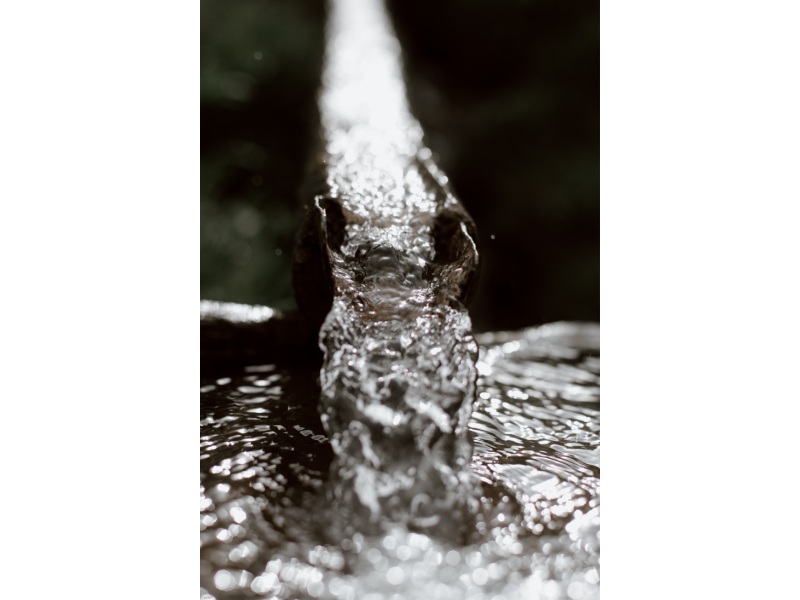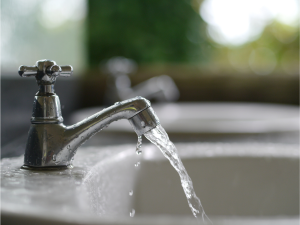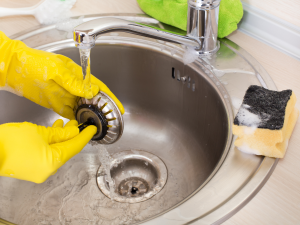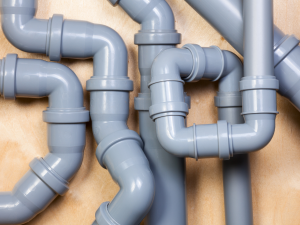Our homes’ sewer lines are some of the most important parts of our plumbing systems. Any waste and water that we get rid of throughout the day is sent to the city or town’s sewer systems to get properly cleaned, treated and disinfected before getting sent back into the water systems. With a good working sewer line, we’re allowed to clean ourselves and cook our food with the water that we need.
However, there are times when our sewer lines break or collapse. A sewer line system collapse is a serious issue that can cause a lot of damage to your property, in addition to increasing the risk of severe health problems.
If the pipes become too damaged or broken, they can cause sewage to leak out all over the place and even back into your basement and other drains. Sewer lines are usually buried underground, so when one does happen to collapse, you won’t know if there is a problem until it’s too late.
In order to help you find out when you have a collapsed sewer line on your hands, we’ve pulled together some of the most common hints and signs of a collapsed sewer line and that you should call a professional or technician from Clover Contracting to get it fixed right away. Our team is highly prepared and well trained with dealing with sewer lines and can be there as soon as possible, no matter when you need your collapsed sewer line to be fixed.
Your plumbing seems to make noises or smells
In some cases where and when your main sewer pipe collapses or breaks down, you might find that there are odd sounds coming from your drains and your toilet. Occasionally, you might hear the odd gurgling and bubbles coming out of your toilet or other bathtub when you’re in the bathroom. When you happen to catch these bubbles, it’s recommended to test if the running water into the bathroom sink’s drain causes the bubbling to stop.
Along with the odd sounds and bubbling from your drains, there’s a high chance that you’ll also catch a nasty smell from them if your sewer line has collapsed. The waste and stagnant water can mix the longer the collapsed line isn’t fixed, leaving the smells to waft up out of the drains and your toilet, leaving you with a nasty stench.
Additionally, the bacteria and other kinds of pollutants that can grow and form in the sewage water can pose a high health risk. In some cases, viruses and diseases can form, causing far more serious illnesses than simple nausea. If either of these signs start to appear, you likely need to get your sewer line checked.
You frequently get backups
If you find that your toilets or basement seems to back up and overflow far too frequently, that’s a sign that you more than likely have a collapsed drain line and need to get it fixed. Though this tends to frequently affect the lower areas of your home, such as any fixtures you have in your basement, it can also happen in the plumbing higher up in your homes. If the sewer pipe collapse is particularly bad, you might even see multiple backups simultaneously.
This is primarily due to the fact that, since the collapsed and/or blocked up, the water has no way to get out of the piping. Eventually, that water builds up until it starts going back up the pipe and out the lowest exit point; any drains you might have in your basement. If that goes unattended and unfixed for a long enough time, the sewage water might back up all the way to the top floor’s drains.
Your lawn is constantly wet and your grass grows quickly
Another one of the signs of a collapsed sewer line is that your lawn seems to be constantly soaked – possibly in one specific area if your lawn is large enough. More often than not, your main sewage line is further away from your home since it’s connected to the city or town’s main sewage lines. If you experience a sewer line collapse or breakage, the water inside the pipe can leak out into the soil around it and vice versa.
If your pipes aren’t clogged from the collapsed sewer line, you and your family simply washing the dishes or taking a shower can flow down the pipes and get absorbed into the soil. Eventually it keeps building up until the grass in that spot starts growing far faster than the rest of the lawn and the soil there becomes a muddy mess despite the fact you didn’t water it.
In more severe cases, the water soaking into the soil can increase and pool up faster than the soil can absorb it, creating puddles that instead kill the grass growing there.
Many of your drains and fixtures clog simultaneously
In some situations, it might seem that many of your drains and fixtures seem to clog up at the same time. If your bathtub doesn’t seem to let the water go down the drain and your toilet suddenly starts to bubble or back up, you need to check for a collapsed drain pipe. It can seem that you just got unlucky at first, and more than one of your drains happened to have clogs but this isn’t the case.
Since the sewer line collapsed, the water will back up or clog in an area that all your drains connect to. Much like a clog, the water can drain slowly or not at all. While it is a good idea to check that you really didn’t end up with multiple clogs simultaneously, a collapsed sewer line can also be the main cause. If plunging your toilet or sink’s drain doesn’t seem to cause the water to start draining away properly, call Clover Contracting to check your sewer lines.
Signs of collapsed sewer line — Takeaway
These are just some of the clearest signs of a collapsed sewer line. In some situations, many issues can pop up at the same time, leaving you to deal with water backing up into your drains and your lawn becoming muddy and wet. Getting the collapsed sewer line fixed as soon as possible is incredibly important, so be sure to call a technician from Clover Contracting when you first suspect this.




